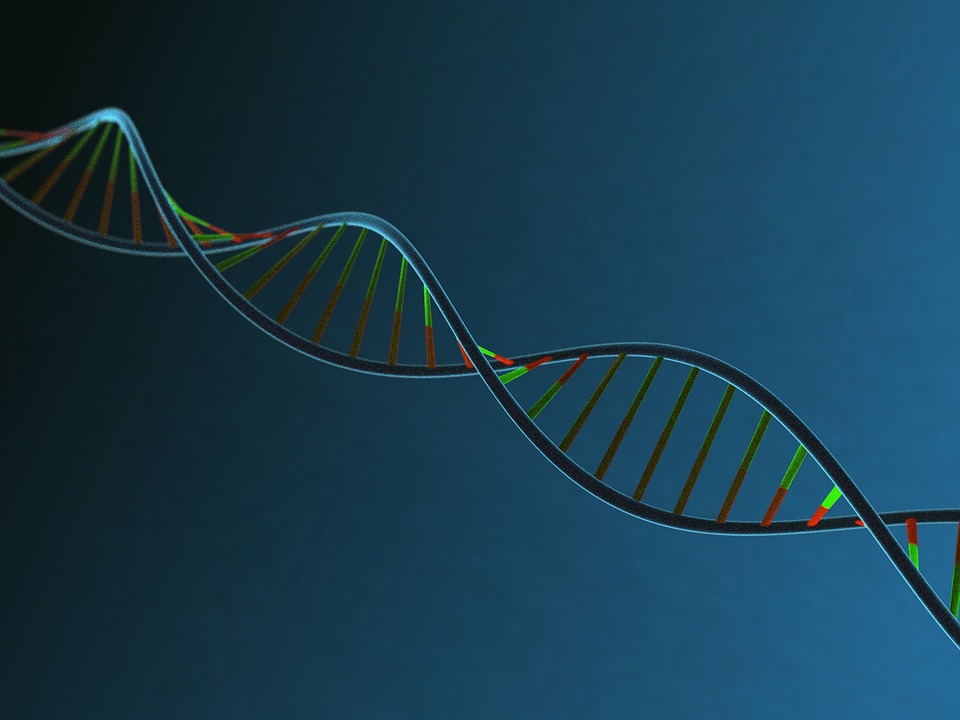CRISPR ‘gone wild’ has made stocks swoon, but studies show how to limit off-target editing
By Sharon Begley,
Stat News
| 03. 05. 2018
The fear that CRISPR-based genome repair for preventing or treating genetic diseases will be derailed by “editing gone wild” has begun to abate, scientists who are developing the technique say. Although there are still concerns that CRISPR might run amok inside patients and cause dangerous DNA changes, recent advances suggest that the risk is not as high as earlier research suggested and that clever molecular engineering can minimize it.
“Progress is being made at a pretty stunning rate,” said biochemist David Liu, of Harvard University and the Broad Institute, who has developed several versionsof CRISPR. A parade of new discoveries, he said, “suggests that it’s possible to use these genome-editing tools and not make unintended edits.”
The basic reason for such “off-target effects” is that CRISPR’s guide molecule, which is usually 20 genetic letters long, isn’t as precise as often advertised. Although it’s supposed to lead the DNA-cutting enzyme (the other principle component of CRISPR) to regions of the genome with those exact 20 letters, in practice it’s happy to find regions with just 18 or even fewer —...
Related Articles
By Diaa Hadid and Shweta Desai, NPR | 01.29.2026
MUMBRA, India — The afternoon sun shines on the woman in a commuter-town café, highlighting her almond-shaped eyes and pale skin, a look often sought after by couples who need an egg to have a baby.
"I have good eggs,"...
By George Janes, BioNews | 01.12.2026
A heart attack patient has become the first person to be treated in a clinical trial of an experimental gene therapy, which aims to strengthen blood vessels after coronary bypass surgery.
Coronary artery bypass surgery is performed to treat...
By Staff, ScienceDaily | 01.05.2026
Scientists at UNSW Sydney have developed a new form of CRISPR technology that could make gene therapy safer while also resolving a decades-long debate about how genes are switched off. The research shows that small chemical markers attached to DNA
...
Following a long-standing CGS tradition, we present a selection of our favorite Biopolitical Times posts of the past year.
In 2025, we published up to four posts every month, written by 12 authors (staff, consultants and allies), some in collaboration and one simply credited to CGS.
These titles are presented in chronological order, except for three In Memoriam notices, which follow. Many more posts that are worth your time can be found in the archive. Scroll down and “VIEW...




